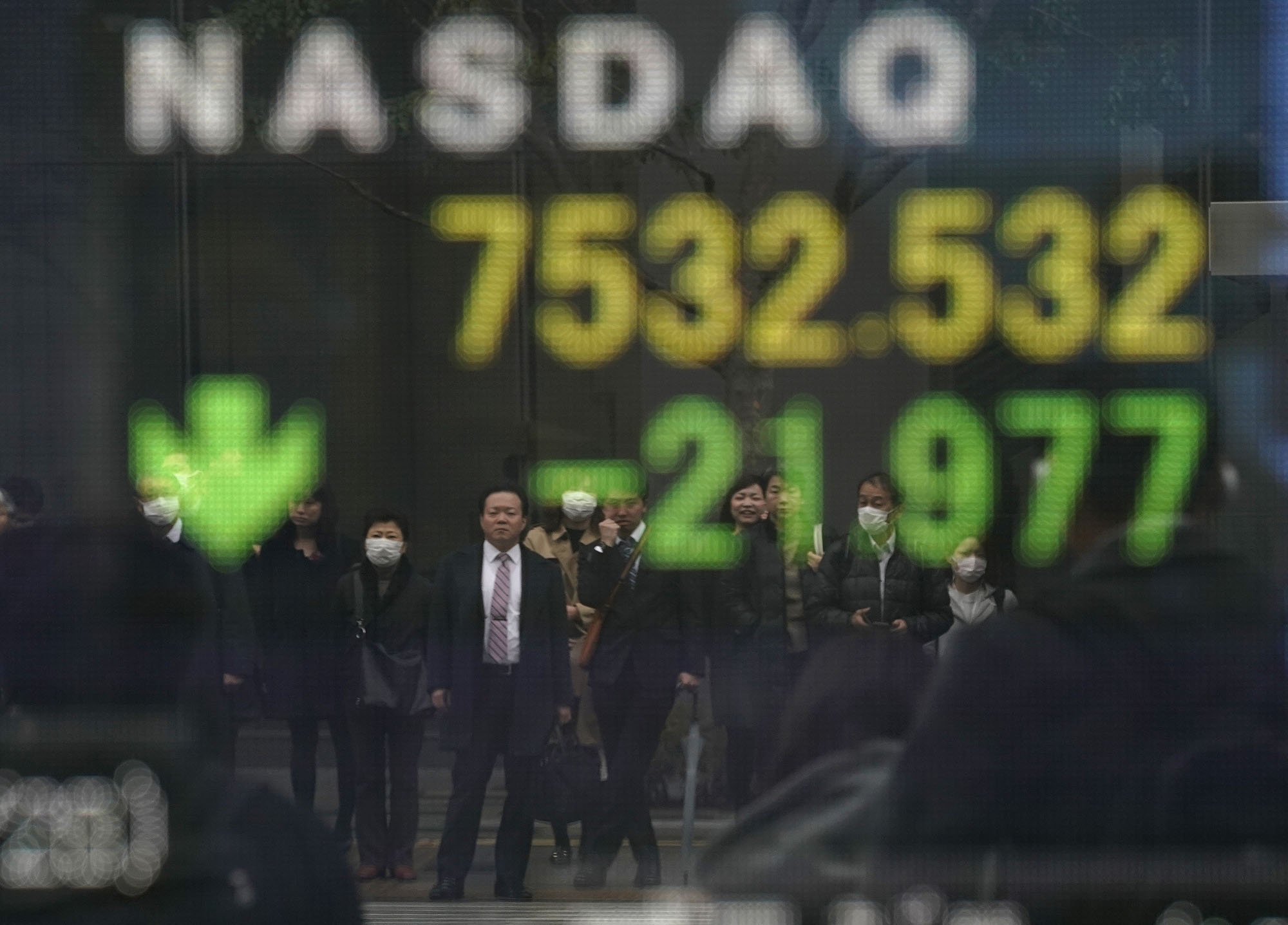If you had two minutes with Prime Minister Shinzo Abe to give him one piece of advise on how to build the foundation of a sustainable prosperity, what would you tell him? You may think, this is impossible, the world is too complex and economics is too confused a discipline to provide simple solutions. Surely, there is no "magic bullet" that ensures sustainable growth.
Well, that's what I thought, until I started looking at the data. No, it is definitely not the standard macroeconomic policy tool kit that delivers sustained prosperity. Although useful for short-term growth boosts and asset price volatility, neither fiscal policy nor monetary policy has a consistently positive and lasting track-record.
In fact, monetary policy stands particularly exposed to diminishing rates of returns of its actions: Ten years ago, ¥1 created by the Bank of Japan generated ¥10 of national income or GDP, but today the same ¥1 from the central bank creates only ¥1 of GDP. Call it quantitative easing or call it qualitative easing, the empirical evidence is overwhelmingly strong that money alone does not create lasting growth and prosperity. Simply put: Giving our children more pocket money does not increase our chances of having a stable pension income in the future (although obviously the kids may well have more fun in the meantime).



